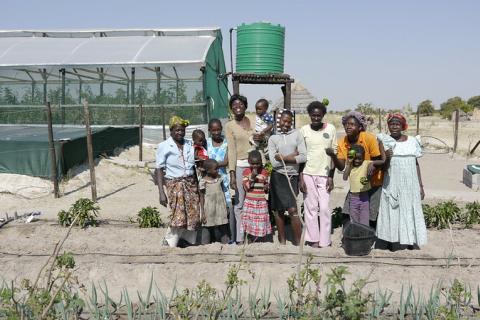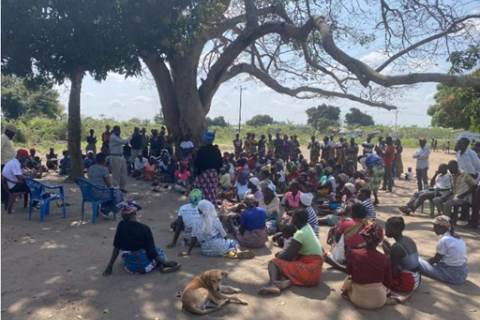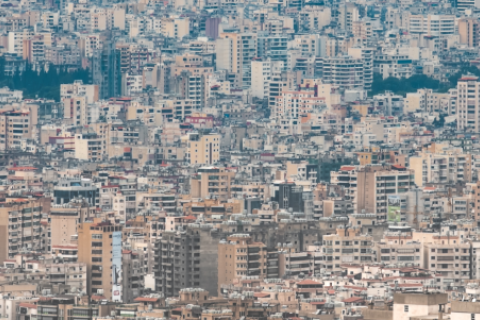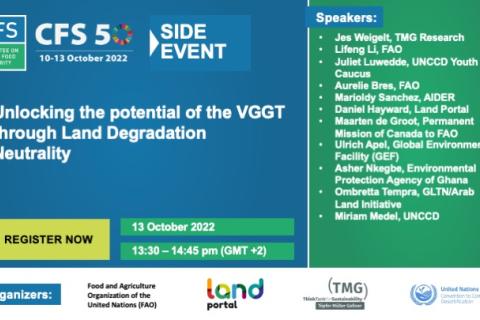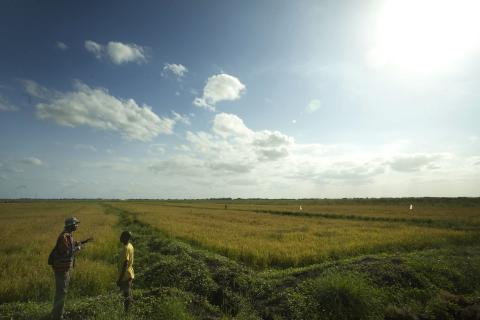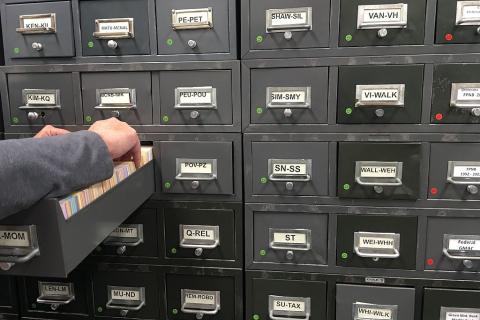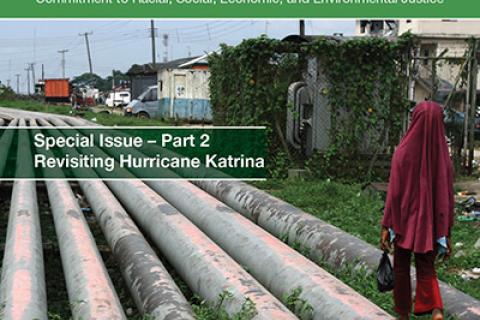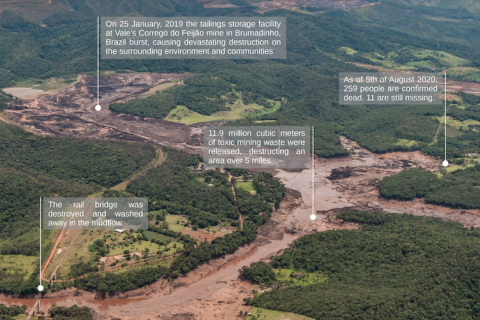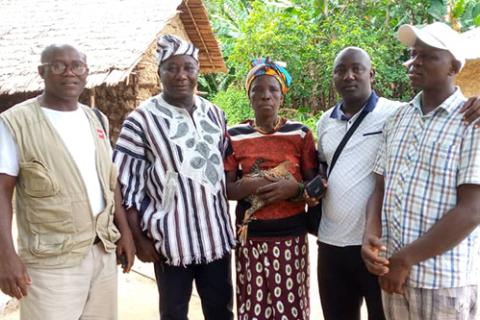Population Growth: The Implications for Land Tenure and Food Security in Communal Areas
This blog discusses how the increase in population presents a challenge for land tenure management in Namibia’s communal areas.
Understanding the link between Climate & LAND-at-scale country projects - The nexus between land governance and climate change, Búzi District, Sofala Province, Mozambique
As part of a scoping study titled Land Governance for Climate Resilience: A review and case studies from LAND-at-scale projects headed by Richard Sliuzas, Emeritus Professor, University of Twente, CTV explored the links between climate and land governance in the LAND-at-scale project “Scaling Community Legal Literacy, Land Rights Certification and Climate Resilience in Mozambique”. This case study focusses on experiences from the Búzi District, where Cyclone Idai (March 2019) showed the need for proactive interventions in the land sector aimed at preparing districts and local communities to face and plan for severe climatic phenomena and their impacts, but also the challenges at making this link explicit.
From Data Fragmentation to Data Equity: Trends in Land Governance Data
The Land Portal Foundation, as a non-profit organization operating at the intersection of the open data and land governance communities, has been privileged over the past 5-8 years to be in a position to observe some interesting trends affecting the land governance data landscape.
Challenges and Opportunities in Monitoring Land Data for the Sustainable Development Goals
Land is a finite resource, and access to it is essential for the livelihoods of individuals and communities. To ensure that access to land is secure and equitable for all, the United Nations has set the Sustainable Development Goal (SDG) 1.4.2, which measures individuals' land tenure security, and SDG 5.a.1, which measures tenure security over agricultural land from a gender perspective.
Event Recap: Unlocking the potential of the Voluntary Guidelines on Land Tenure in food system transformation
Co-organized by FAO, UNCCD, TMG and the Land Portal, this side event specifically aimed to discuss how integrating the VGGT into land degradation neutrality (LDN) initiatives can re-ignite momentum to enhance tenure security and unlock multiple social, economic and environmental benefits.
Seeking inclusive, economical, and technical solutions for a sustainable land administration system in Mozambique
Mozambique has a progressive land law that came into place through a historically inclusive process. However, there are many obstacles to the proper implementation of the law, including the communities’ lack of formalized land tenure. Terra Firma, one of the LAND-at-scale partners in Mozambique, has worked on achieving tenure security for communities in Mozambique for a long time. To learn more from their experiences and strategies on how to do this in a sustainable way, LAND-at-scale interviewed Maria Muianga from Terra Firma.
Governing land for the future: What (r)evolutions do we need?
The 13th Annual LANDac Annual Conference is taking place in person next week in Utrecht, Netherlands, for the first time since the COVID-19 pandemic began. All the conference sessions will also be accessible online to registered participants. LANDac brings together land governance stakeholders from around the world who might not otherwise meet, including academic researchers, the private, civil society, and policy makers.
Kenya’s Digitization of Land Records Enhances its Capacity to Monitor and Report Progress on National, Regional and Global Development Commitments
In April 2021, Kenya, through the Ministry of Lands and Physical Planning (MoLPP) and the National Land Commission (NLC) achieved an unprecedented milestone in land management and administration by launching the National Land Information Management System (NLIMS) dubbed Ardhisasa.
CALL FOR PAPERS: Building Power, Deepening Democracy: Global Perspectives on Environmental Justice
Submission Deadline: All manuscripts should be submitted for consideration by December 31, 2021.
The global environmental crisis is intertwined with the crisis of social and economic inequality. From coal plants to palm oil plantations, economic activities that threaten the planet are concentrated in communities with less power and wealth. “You can’t have climate change without sacrifice zones,” writes Hop Hopkins, “and you can’t have sacrifice zones without disposable people.”1
New Geographies of Climate Vulnerability
Mining in the context of climate of climate change brings new challenges to the industry and exacerbates already existing sustainability problems. This Datastory highlights some of these tensions while pointing towards emerging best practice. The findings are based on document analysis and semi-structure structured interviews with corporate representatives from the 37 largest mining companies in the world.
A Global Movement for Environmental Justice
In a recent episode of the podcast Uncharted Ground, host Jonathan Levine spoke with Namati about building a global environmental justice movement. You can find it on any major podcast platform or listen to the episode (and access the full transcript) on Stanford Social Innovation Review's website. A recap of the episode, written by SSIR, is below.


